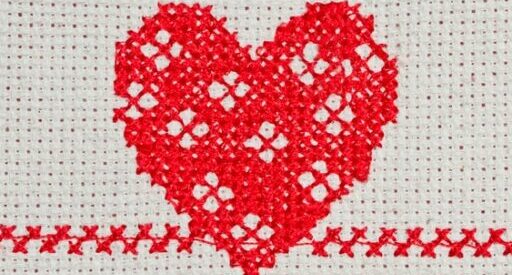Philly Retirees Sew Reusable Period Pads for African Women
In the heart of North Philadelphia, at the Ujima Friends Peace Center, a remarkable group of retired Black women gathers weekly. Their mission? To create reusable, washable menstrual pads for girls and women in Africa, the Caribbean, and beyond.
This initiative, known as the Pan-African Sisterhood Health Initiative (P.A.S.H.I.), is more than just a sewing project; it’s a global effort to provide dignity, health, and opportunity to young girls around the world.
Founded by Maisha Sullivan-Ongoza and a group of artisans and quilters, P.A.S.H.I. addresses menstrual hygiene management with a focus on sustainability and empowerment.
Table of Contents
The Birth of P.A.S.H.I.
P.A.S.H.I. was born out of a deep desire to tackle the issue of menstrual hygiene management. As Sullivan-Ongoza explains, *We don’t call it period poverty, we call it menstrual hygiene management.*
The initiative started in 2019 within the Sankofa Artisans Guild and has since blossomed into an international effort with a global reach.
Creating Sustainable Solutions
Using organic materials like 100% cotton fabric and a water-resistant layer, the pads created by P.A.S.H.I. can be reused for up to three years.
This provides a safer, more sustainable alternative to disposable pads that often contain harmful chemicals.
The women behind P.A.S.H.I. are committed to empowering girls with the tools they need to manage their menstrual health while also offering a sense of security.
*They have something so they can manage their periods with dignity,* Sullivan-Ongoza said. *They’re not open to predators taking advantage of them in exchange for pads.*
Empowering Through Education
Beyond sewing, P.A.S.H.I. has traveled to Zimbabwe to teach women how to make pads by hand, especially in communities where sewing machines are scarce.
Their international outreach reflects a commitment to both health and sustainability.
Building Community
At P.A.S.H.I., women of all backgrounds come together to work, share stories, and make a difference.
Many are retired professionals, including teachers, nurses, and environmentalists.
They come for the mission, but they stay for the sisterhood.
*I enjoy working with the women. They are great to be with,* says Lynda Black, a member of the Ujima Friends Peace Center. *They are extremely resourceful. I enjoy the camaraderie and also the mission.*
This camaraderie is felt across the group, from the women who sew the pads to those who prepare pouches for storage or help with fabric cutting.
Everyone plays a role in making the initiative a success, and it’s a testament to the collective work of a community bound by purpose and faith.
Local and Global Impact
In addition to their weekly work in Philadelphia, P.A.S.H.I. is actively involved in helping others locally.
For example, the group recently collected winter clothing for children as part of the Great Family Gathering project, which provides Thanksgiving meals and other support to underserved communities.
Educational Partnerships
P.A.S.H.I.’s impact extends beyond the sewing machines; the group also builds strong relationships with organizations such as Sankofa Freedom Academy Charter and Imhotep Charter High School.
These schools send students to learn how to make pads as part of a larger education on menstrual hygiene.
For these young people, the experience is not just about sewing—it’s about learning the importance of community and sisterhood and taking action to address global challenges.
International Influence
P.A.S.H.I.’s influence reaches even further through programs like the Mandela Washington Fellowship, where young leaders from African nations are invited to learn from P.A.S.H.I.’s experience and take these lessons back home.
Some have already started their own initiatives to create reusable pads in their home countries, spreading the ripple effect of P.A.S.H.I.’s work far and wide.
Commitment to Values
The spotlight for their work comes on the heels of Kwanzaa. The organization says they embody these values daily—especially the values of Umoja (unity), Kujichagulia (self-determination), Ujima (collective work and responsibility), and Imani (faith).
Through their work, the matriarchs are taking care of their own. They are also setting an example of the impact of collective work on the larger community.
Through this simple yet powerful act of sewing, these women are helping improve global menstrual hygiene management. They are also providing girls with the opportunity to stay in school, stay safe, and thrive.
To learn more about this inspiring initiative, visit Because of Them We Can.
To donate to the work of P.A.S.H.I., visit their website at PASHI Global.

